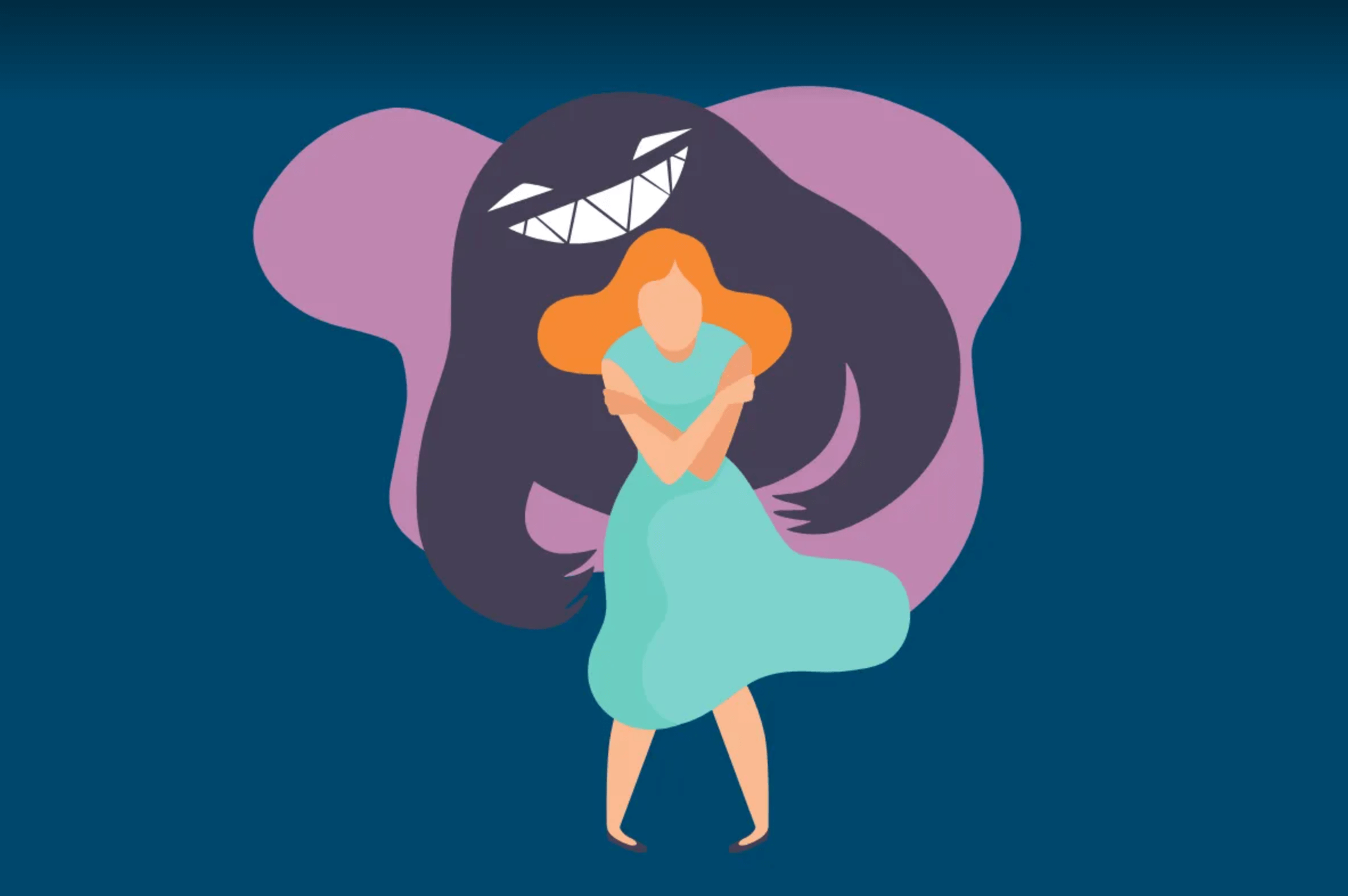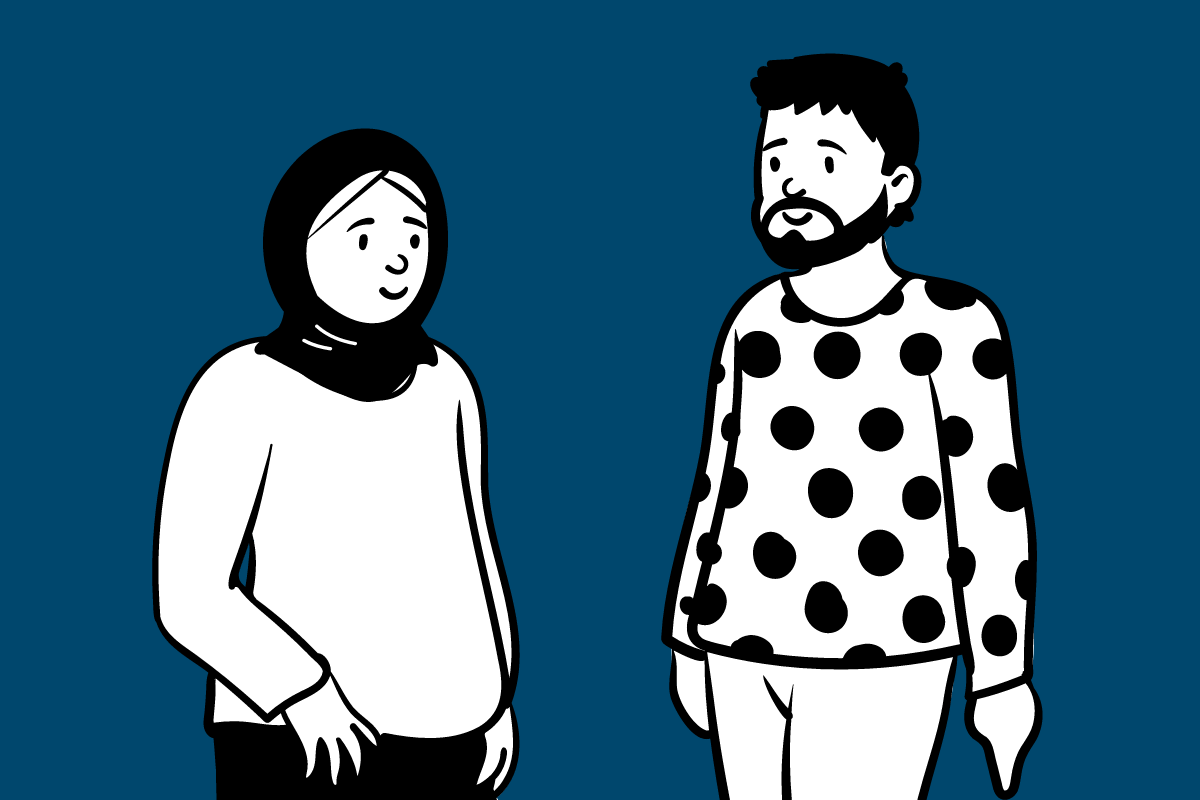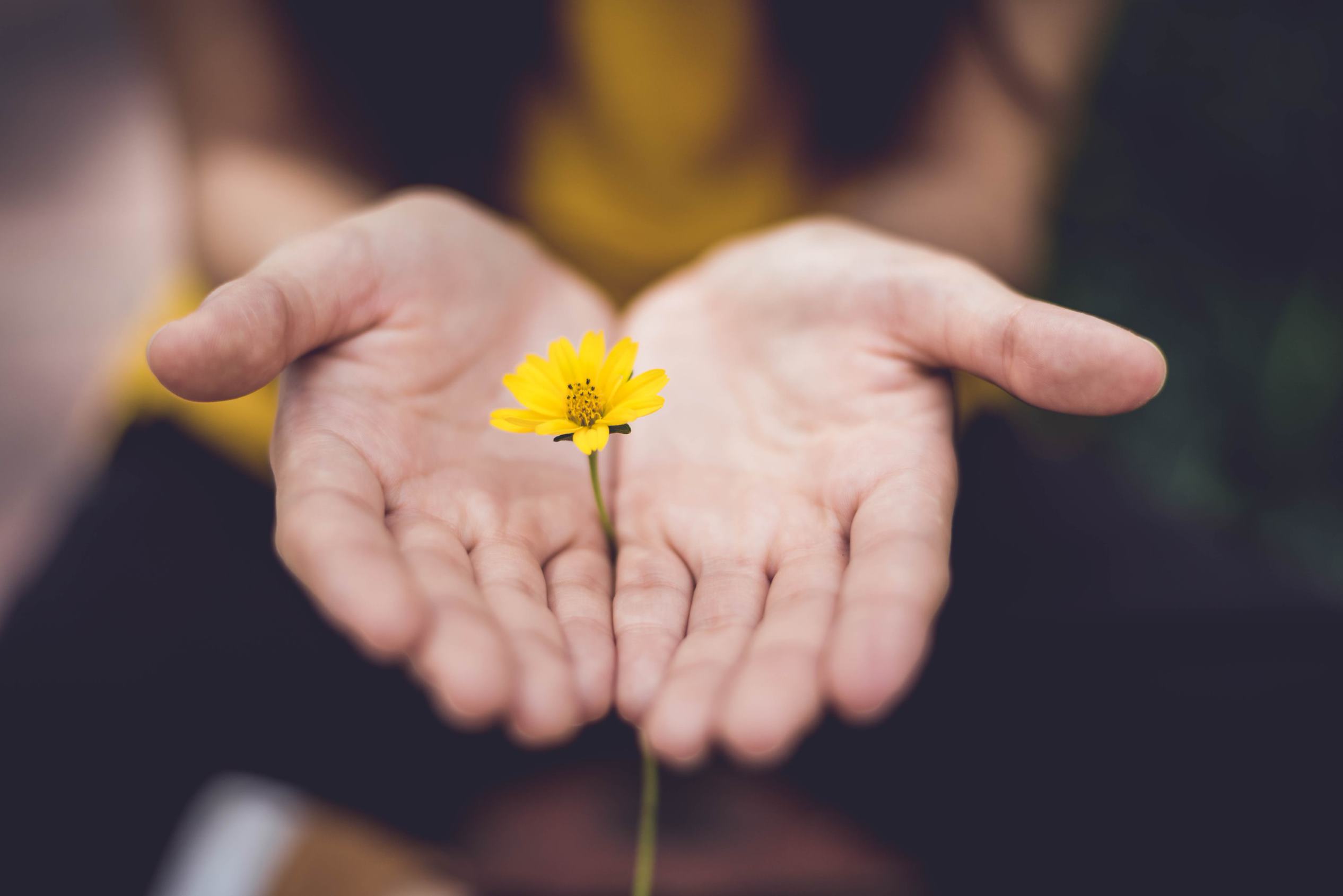Panic attacks are more common than you might think. In fact, up to 5 in every 100 Australians will experience a panic attack at some stage in their life.
A panic attack is a sudden brief episode of intense anxiety that can bring on the physical symptoms of fear and make you feel out of control. Symptoms might include a racing heart, shortness of breath, shaking, sweating, and tightness in the chest.
The panic generally peaks after about 10 minutes, and it can take around half an hour to subside.
This blog post will explore some of the causes of panic attacks and offer some strategies for when you’re experiencing a panic attack or can feel one coming on.
It’s important to remember that having a panic attack doesn’t necessarily mean you have a panic or anxiety disorder, and some people living with an anxiety disorder won’t experience panic attacks.
What causes panic attacks?
Panic attacks can come on suddenly and without any warning at first. But over time, they’re normally triggered by certain situations.
It’s not known exactly what causes panic attacks, but risk factors may include:
- Family history of panic attacks or panic disorder
- Chronic, persistent stress
- Changes in the way your brain functions
- Major life stress such as death or serious illness of a loved one
- Major life change such as divorce or new baby
- Traumatic event such as sexual assault or a serious accident
- A personality that’s sensitive to stress or negative emotions.
What to do when having a panic attack
Panic attacks can be scary – especially if they come out of nowhere. These strategies might help stop a panic attack if you’re having one or feel one coming on:
- Reassure yourself that your symptoms are uncomfortable but not life-threatening.
- Remember past panic attacks you’ve gotten through. This is temporary and it will pass.
- Try deep-breathing exercises. Place one hand on your chest and the other on your stomach. Inhale through your nose and exhale through your mouth, paying attention to how your stomach rises and falls.
- Focus your attention on something outside of your body and symptoms. For example, recite the words to your favourite song, or concentrate on the sights and sounds around you.
Check out our printable infographic for more ways to self-soothe using your senses.
If you struggle with panic attacks, talking to a counsellor may help. You can learn about our counselling services here, or call 1300 364 277 to book an appointment in person, over the phone, or via Zoom video.
Read about the most common types of anxiety in this blog post.



